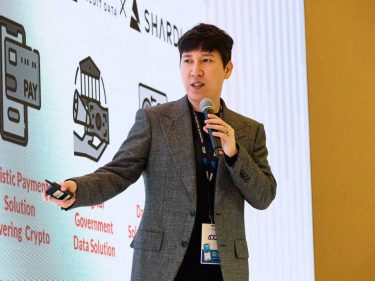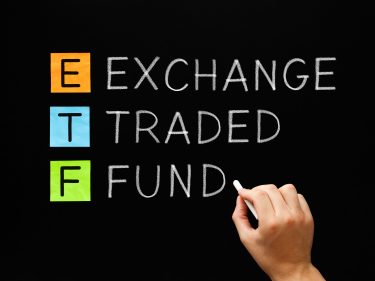From ages 9 to 11, Edan Yago smuggled gold, hidden in his clothes by his mother, out of South Africa.
The apartheid government had instituted capital controls to stabilize the rand amid international sanctions. The authorities were hunting some of his family members whom it had designated as “terrorists.”
“Eventually, we were forced out of South Africa,” Yago told CoinDesk in an interview.
His family were no strangers to tyranny. Some relatives had survived the Holocaust; others weren’t so lucky.
That background, combined with his education in neuroscience and data science, led him to a career working in Bitcoin, with its value proposition of wealth that governments can’t easily confiscate and transactions that central authorities can’t veto.
“Throughout, my focus has been on trying to develop tools for greater sovereignty,” Yago said.
A self-described “bitcoin accelerationist,” Yago is the founder of Sovyrn, a decentralized bitcoin lending and trading platform. He is building BitcoinOS, a “rollup” stack for the world’s largest cryptocurrency designed to process more transactions and more complex operations like smart contracts than the blockchain could handle otherwise.
In July, BitcoinOS achieved its milestone of verifying a zero-knowledge proof on Bitcoin mainnet. “This is a big deal,” Yago said. “We’re building a platform which is going to allow rollups on bitcoin, and through that, allow us to maintain the security of bitcoin without introducing any changes to smart contracts, build scalability and privacy.”
The goal is “transforming bitcoin into an operating system, not just a system for transacting bitcoin.”
His team is now working with a company called Emurgo to turn Cardano (ADA), the blockchain whose native ADA token is the 11th-largest cryptocurrency according to CoinDesk data, into a smart contract layer for Bitcoin.
The first technical step will be integrating the BOS Grail bridge with Cardano’s open-source ecosystem to allow “trustless bridging of BTC and Bitcoin assets using BOS’s ZK-based BitSNARK verification protocol, bringing Bitcoin’s unparalleled liquidity into Cardano,” according to a Thursday announcement.
Yago has been a regular on the blockchain scene for more than a decade. In 2013, at an early Bitcoin conference in San Jose, California, he pitched the idea of a “cryptocurrency-based political zone.” Three special economic zones in Honduras emerged from that project; they are fighting a legal battle with the government there. The concept was a harbinger of Balaji Srinivasan’s network states.
In the years since, the early adopters’ lofty visions have been overshadowed by later entrants’ obsessions with candlestick charts and Lamborghinis. “The whole crypto ecosystem’s challenge is that it’s a mixture of high-minded idealism with the most speculative casino stuff and that’s a difficult thing to navigate,” Yago told CoinDesk.
Nevertheless, he sees a silver lining in the sleaze.
“While it’s tempting for ideologically driven people to completely reject memecoins, centralized exchanges and all the nonsense that’s going on, the truth is that that is a gateway drug for people to actually discover how they can be more in control of their financial lives,” Yago said.
What’s more, he is trying to rehabilitate an idea associated with one of the more unsavory chapters in crypto history.
Yago said he wants to form a “coalition of established DeFi’s and crypto companies to bring back the age of initial coin offerings.”
As then-CoinDesk columnist David Z. Morris wrote last year, the 2017 ICO boom was an “orgy of fraud and scammy behavior” but it also “funded many crypto success stories.”
Yago said it is no longer necessary to issue tokens through centralized entities. The correct way is through decentralized autonomous organizations (DAOs), ones that are decentralized in more than name.
“Imagine if large collectives or DAOs or, say, six projects come together and say ‘This is important for us to preserve the privacy of our users so we are launching a crypto application or project together,'” he said. “The SEC can try and figure out who’s to blame. That’s the secret. We don’t need to fight it directly.” The arrest of Tornado Cash co-founder Alexey Pertsev has not deterred Yago because “Tornado Cash still works,” he said.
Neither has North Korea’s use of Tornado Cash to launder funds. “If you’re not taking casualties, you’re not fighting,” Yago said. “The cost of an open society with freedom of speech is that sometimes a terrorist will find the book which teaches him how to make an explosive.”




